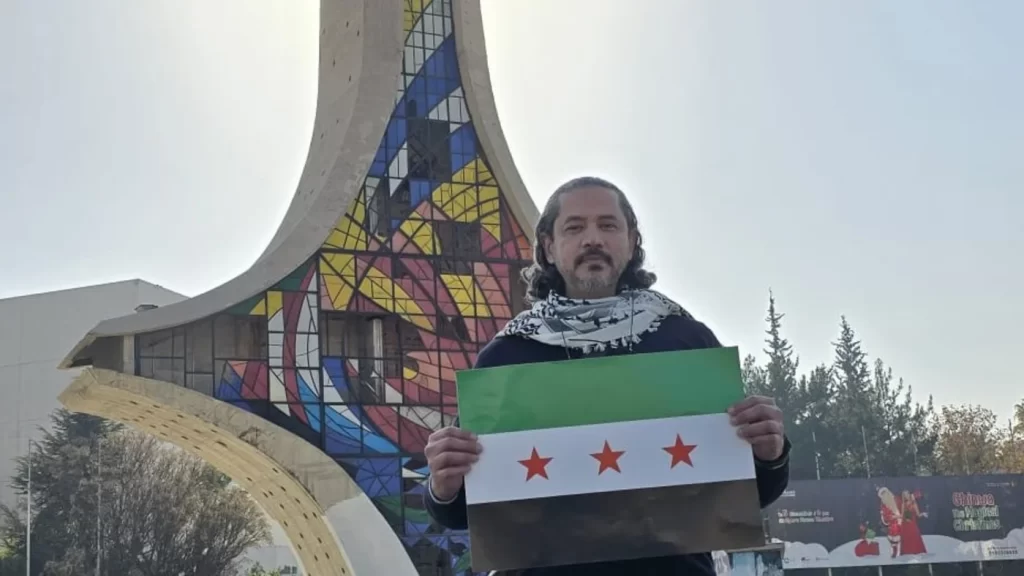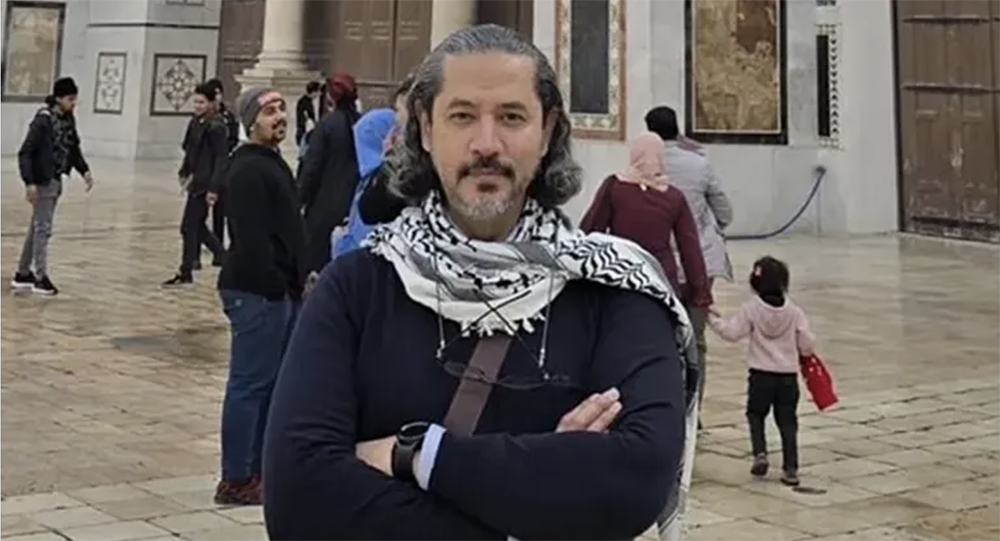As Turkish President Recep Tayyip Erdoğan escalates his assaults on democracy and human rights, POMED’s Turkey Program Coordinator Merve Tahiroğlu moderated a panel with Human Rights Watch’s Emma Sinclair-Webb, the Middle East Institute’s Gönül Tol, and Al-Monitor’s Amberin Zaman about the latest developments. The April 21, 2021 panel, “Turkey’s Intensifying Crackdown: What It Means and What’s at Stake,” discussed why Erdoğan is cranking up repression, the impact on the ground, and European and U.S. responses.
Emma Sinclair-Webb:
- The last few years we have seen an unprecedented crackdown on critics using the criminal justice system—targeting journalists, rights defenders, politicians, or lawyers through arbitrary detention. Now, we are seeing the hollowing out of democratic institutions and checks and balances.
- The European Union (EU) has failed to respond robustly to Erdoğan’s human rights abuses. The EU has taken an entirely transactional approach, prioritizing agreement with Turkey over the East Mediterranean and refugee policy above human rights. This makes the EU look extremely weak.
- Despite constantly thumbing its nose at the Council of Europe (CoE), Turkey still courts the council–much more than it does the EU. Even as Turkey defies CoE institutions like the European Court of Human Rights (ECHR), and claims, politically, that the court’s decisions are not binding for Turkey, it still submits lengthy explanations to the committee of ministers about its non-compliance, which shows that it still feels attached to these institutions.
Gönül Tol:
- Erdoğan is intensifying his crackdown on the opposition and civil society because he is vulnerable electorally and on the defensive. His popularity has taken a hit and the opposition is mounting a more effective challenge than ever before. Unable to expand his voter base, Erdoğan is instead working to sow discord among the opposition and to shrink the space for legitimate opposition.
- Erdoğan is hoping to drive a wedge between opposition parties by criminalizing the pro-Kurdish opposition Peoples’ Democratic Party (HDP). The Kurdish question is the soft underbelly of the Turkish opposition (excluding the HDP) because nationalism runs strong among these voters. But the opposition has recently turned an important corner on this issue, and will be more vigilant in the face of Erdoğan’s attempts to divide the opposition by attacking the Kurds.
- Turkey’s authoritarian turn is closely tied to Erdoğan’s aggressive and militaristic foreign policy. It is no coincidence that Turkey became a problematic partner for the West starting in 2011, just as Erdoğan began to consolidate power.
Amberin Zaman:
- Erdoğan’s strategy is to retain absolute power, and he is extremely methodical about it. He manipulates and controls the media, suppresses free expression, and systematically assaults civil society, including lawyers and women’s organizations, who are among the most effective opposition groups.
- Today we are witnessing a whole new level of repression, particularly against Kurdish citizens. The will of the people has been thrown in the dustbin. People are being sent to jail just for reading out a statement that the government decides is a “terrorist” act. Equally alarming, repression of the Kurds has spilled well beyond Turkey’s own borders. The anger and alienation felt by the Kurds is growing by the day.
- The EU has accommodated Turkey’s behavior, and its policy of brinkmanship with Turkey seems to work in Erdoğan’s favor. Turkey’s relationship with the United States has deteriorated, but this shift has not not yet improved Erdoğan’s domestic behavior.
Watch the panelists’ full remarks.



